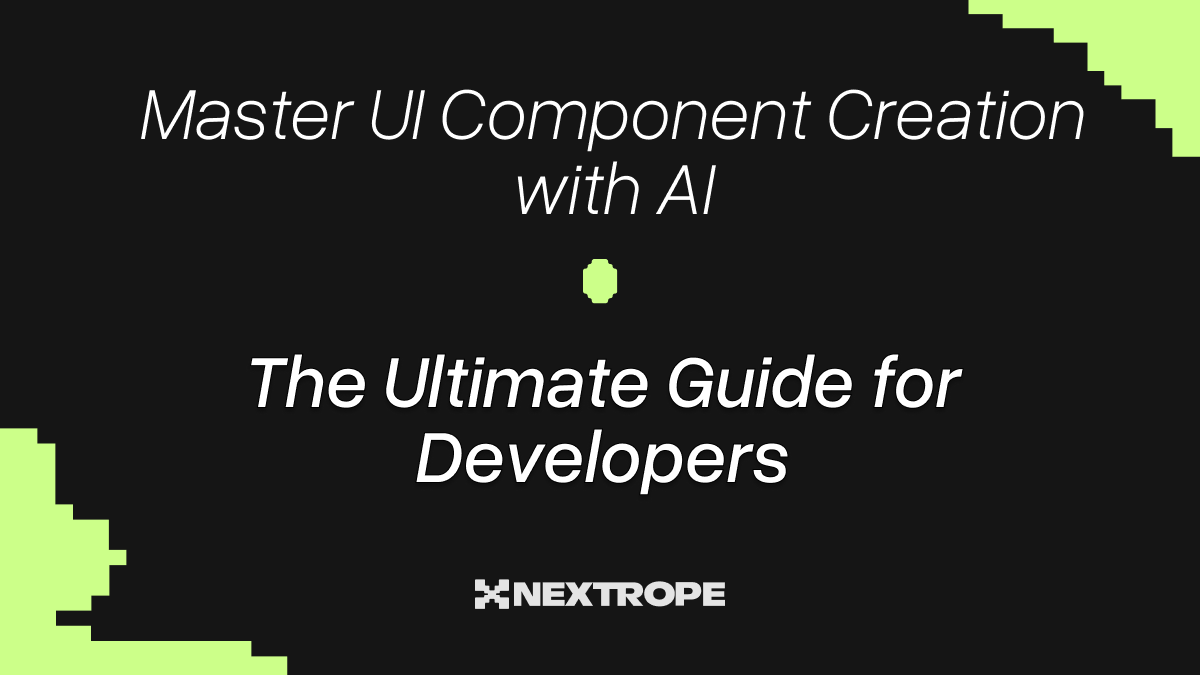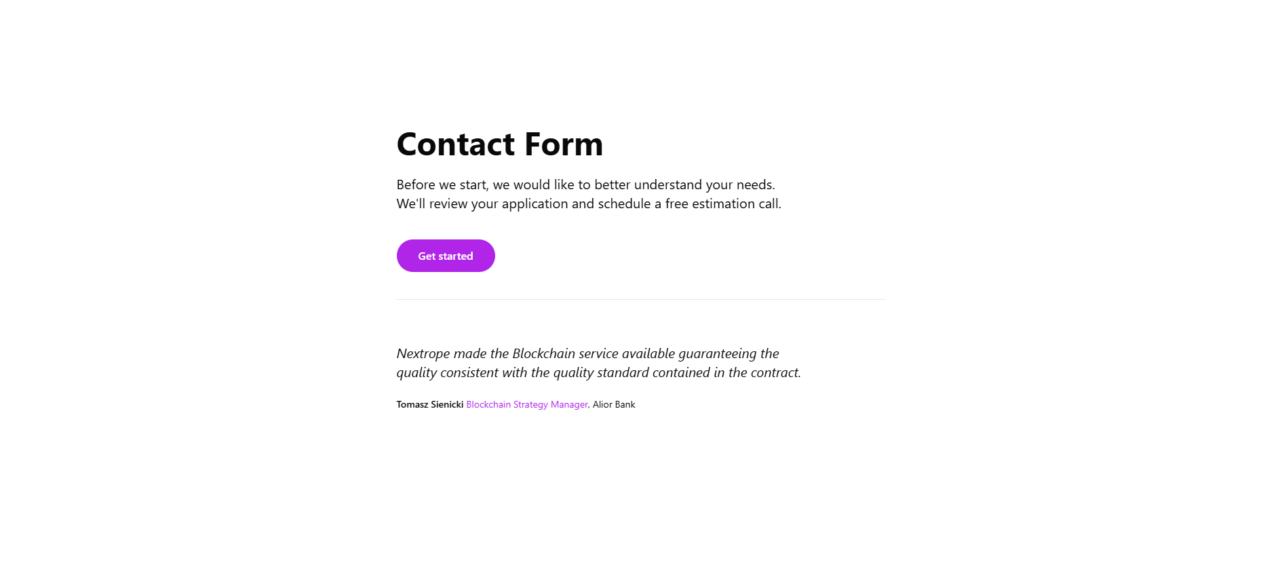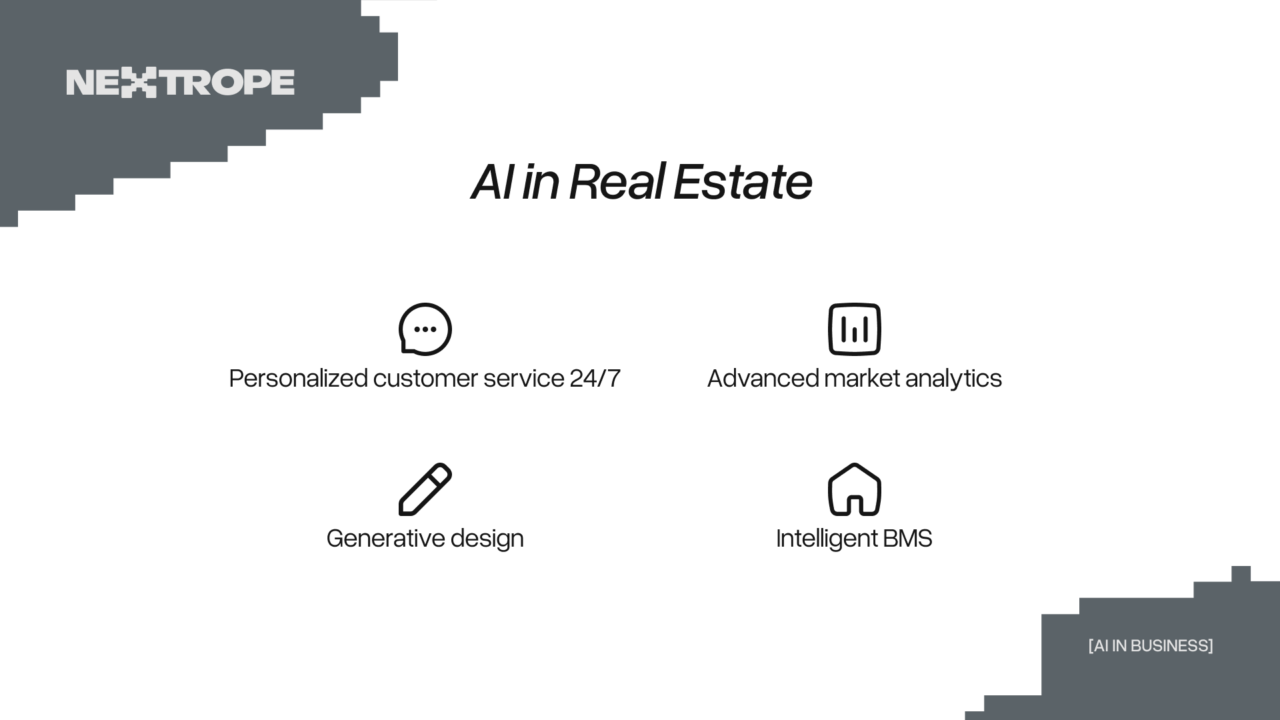Ethereum 2.0, also known as Serenity is a long-awaited update to the Ethereum network, significantly improving the security and scalability of arguably the world's most popular Blockchain protocol. Above all, it will reduce power consumption and enable the network to process more transactions. The most important improvements from the technical side are to be the transformation of Ethereum into a proof-of-stake blockchain and the introduction of fragmented chains.
Note, however, that this is a change to the Ethereum infrastructure only. Dapp users or developers and ETH holders can rest assured. Ethereum 2.0 will be fully compatible with the Ethereum 1.0 network they use today. On the other hand, they will also be able to use the ETH they own after the update.
So why are these changes so important? On the Nextrope blog, we will try to cover everything you should know about Ethereum 2.0.

Current restrictions
Released in 2015, Ethereum has quickly become the most widely used blockchain protocol (learn what blockchain protocols are and what distinguishes them from each other here). The open public system has enabled previously unseen software applications and generated billions of dollars in value. However, to realize its full potential, Ethereum still has to deal with a few limitations.
Speed and efficiency:
Currently, Ethereum is capable of handling around 15 transactions per second. Compared to Visa or Mastercard, which are able to process up to 1,500 of them at the same time, it therefore comes off rather poorly. In addition, the process of "mining" ETH, on which verification of these transactions is based, consumes too much energy, which limits the scalability of the entire network.
What does ETH 'mining' consist of?
Mining is the process of creating a block of transactions to be added to the Ethereum blockchain (hence blockchain). Each block contains transaction information and data such as the Hash - the unique code of the block and the hash of the previous block to which the block hash is compatible.
Essentially, the miners' role is to process pending transactions in exchange for rewards in the form of ETH, Ethereum's native currency (2 ETH for each block generated, respectively). Generating a block requires the use of a lot of computing power, due to the difficulty level set by the Ethereum protocol. The difficulty level is proportional to the total amount of computing power used to mine Ethereum and serves as a way to protect the network from attacks, as well as to tune the rate at which subsequent blocks are created. This system of using computing power to secure and verify data is known as Proof of Work (PoW).
To maintain the security of the current Ethereum network, therefore, the high energy intensity of the mining process is necessary - making the cost of attacking the network, making any change to any of the already existing blocks, extremely high.
The problem of retaining decentralisation when scaling up
There are, of course, Blockchain protocols such as Hyperledger Fabric or Quorumthat allow for more transactions per second. However, the higher performance in their case comes from being more centralised than Ethereum. By design, Ethereum is intended to remain a fully decentralised network, so such a solution in this case is not an option. It seems Ethereum 2.0 developers have found a way to improve performance and enable scaling without sacrificing decentralisation.
What's new in Ethereum 2.0?
Fragmented chains (or chains of fragments)
At the moment, all nodes in the Ethereum network have to download, read, analyse and store every previous transaction before they process a new one. Not surprisingly, Ethereum is currently unable to process more than the aforementioned 15 transactions per second.
Ethereum 2.0 introduces fragmented chains, which are parallel blockchains that take over a fair share of the network's processing work. They allow nodes to be dispersed into subsets corresponding to fragments of the network. This ensures that each node does not have to process and store transactions from the entire network, but only those in its subset.
Proof-of-stake in Ethereum 2.0
In Ethereum 2.0, Proof-of-Work is to be replaced by Proof-of-stake. Network security will be achieved through financial commitments rather than computing power - energy consumption. Proof-of-stake is a consensus process where ETH becomes the validator for Ethereum. The validator runs software that confirms the transaction and adds new blocks to the chain. To become a full validator, 32 ETH will be needed. However, there will be an opportunity to join a pool of smaller validators and thus offer a smaller stake. When processing transactions, validators will take care to maintain consensus over the data and thus the security of the entire network.
Proof-of-stake will drastically reduce the energy intensity of the entire network, which is a key step towards further scaling Ethereum and increasing its environmental friendliness.
Beacon chain
A decisive role in introducing proof of stake into Ethereum is played by the Beacon Chain, which, in simple terms, can be described as the layer that coordinates the operation of the entire system. However, unlike the core network (meinnet) present in Ethereum, it does not support accounts or smart contracts. Instead, its main task is to implement proof-of-stake protocol management for all fragmented chains (shards). It was the connection of the Beacon Chain to Ethereum that was the first step towards version 2.0 ( phase 0).
Ethereum 2.0, what will 2021 bring?
The introduction of Ethereum 2.0 developers will divide into 3 stages - phases: Phase 0, 1 and 2. In December 2020, the first one, which started in 2018, was completed. As we mentioned its main goal was to launch the Beacon chain. The success of Phase 0 will allow the start of Phase 1 in 2021 - the shard chain deployment, which will start the full-fledged transition to the Proof-of-stake protocol. The full upgrade to Ethereum 2.0 will be enabled by Phase 2 scheduled for late 2021/early 2022, this is when shard chains should start supporting all contracts and transactions.
How might the next phases of Ethereum 2.0 implications affect ETH prices? This is a question we will certainly return to in the blog.
 en
en  pl
pl 












